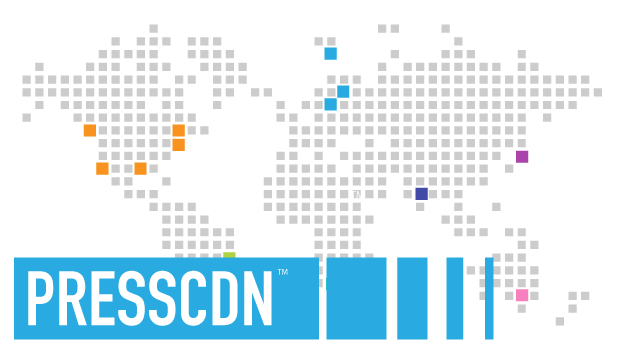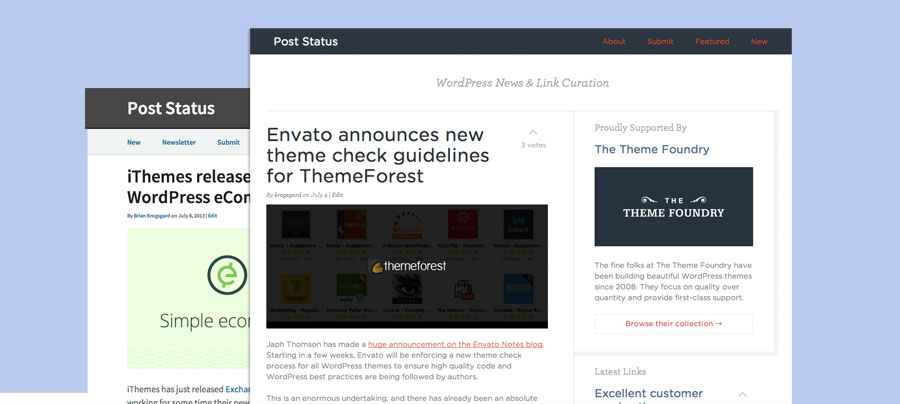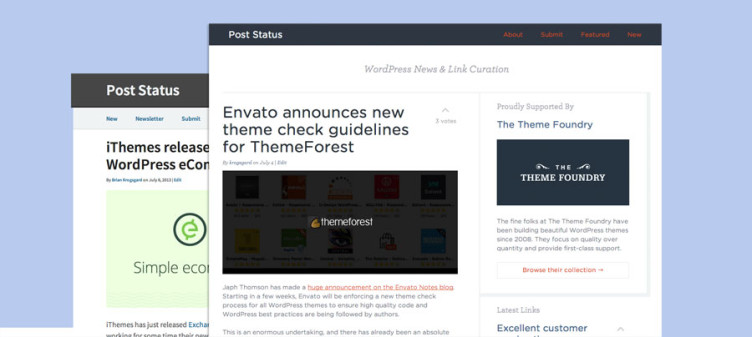
Let’s pull the bandaid off real quick, and it won’t hurt as bad: Theme Framework has turned into a marketing term.
I lean more every day to giving theme framework the premium treatment. Just because a product costs money doesn’t make it premium at all. Nevertheless, the marketing term came and it stuck, and almost everyone uses the term. Well, not me. I completely agree with this post that commercial products should be called such.
Similarly, the term theme framework has become completely loaded. From a technical software perspective, it is defined like this:
In computer programming, a software framework is an abstraction in which software providing generic functionality can be selectively changed by additional user-written code, thus providing application-specific software. A software framework is a universal, reusable software platform to develop applications, products and solutions.
In the WordPress ecosystem, the term theme framework was introduced (I think) in early 2008, and was already relatively prevalent by 2009. I’m not sure who was first, but I’m going to give credit to Ian Stewart for officially coining the term. Even before then, Ian and other leaders in the theme sphere where thinking about the need for abstracted code, but the mechanisms weren’t yet in place to pull the concepts together.
What is a theme framework?
The challenge in answering this question is pretty much why I’ve come to just consider it a marketing term. If forced to break frameworks down into four groups, I’d do so like this:





